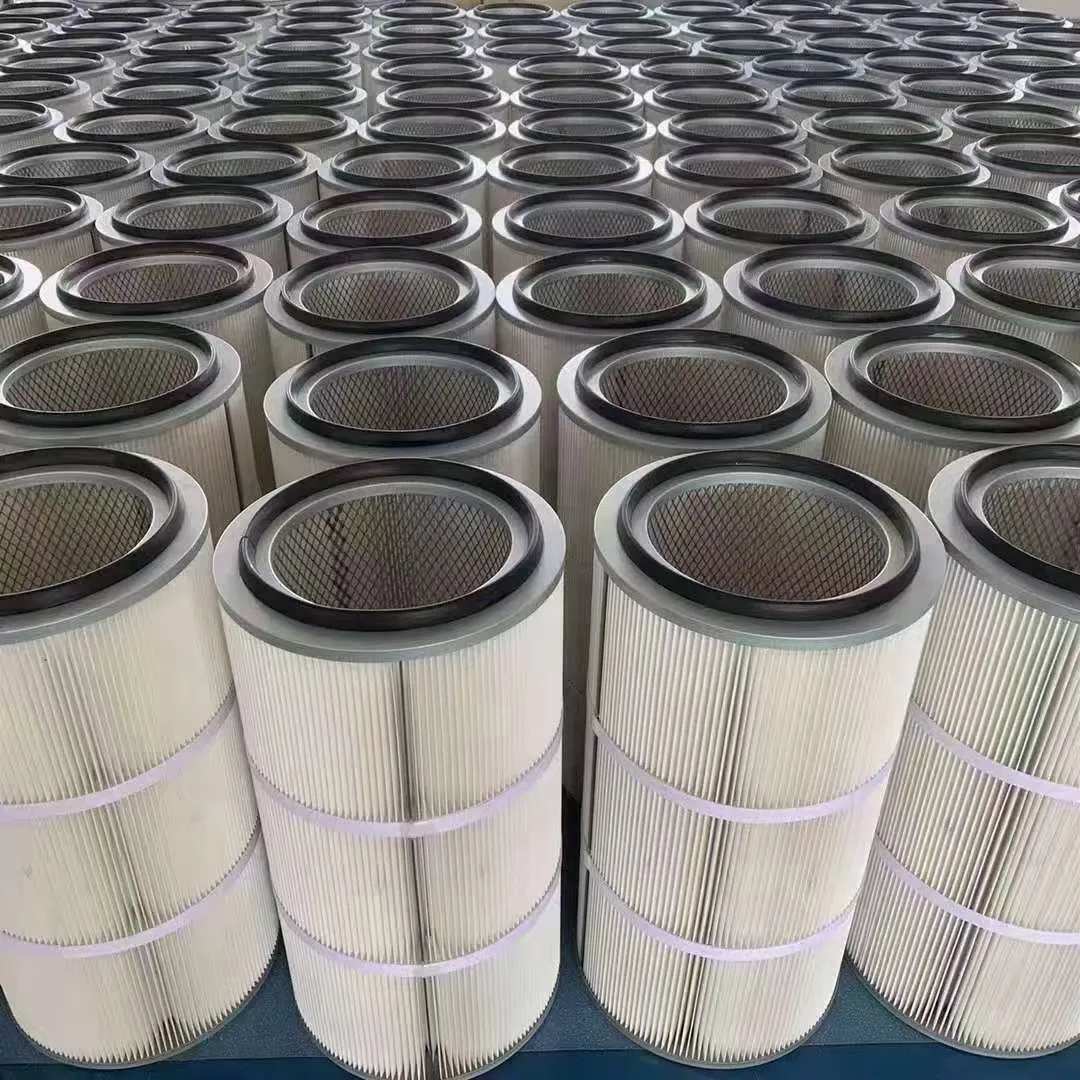 Tel:
+8615930870079
Tel:
+8615930870079
11月 . 27, 2024 09:34 Back to list
Innovative Cartridge Dust Collector Filters for Enhanced Industrial Air Quality
Understanding Cartridge Dust Collector Filters A Vital Component in Air Quality Management
In various industrial settings, maintaining air quality is crucial for both worker safety and environmental sustainability. One of the most effective methods for controlling airborne dust and particulate matter is through the use of cartridge dust collector filters. These filters play a pivotal role in ensuring that industries comply with safety regulations while operating efficiently. This article delves into the functionality, benefits, and maintenance of cartridge dust collector filters, highlighting their importance in efficient dust management.
What are Cartridge Dust Collector Filters?
Cartridge dust collector filters are specialized filtration devices designed to capture dust and particulate contaminants from the air. They consist of cylindrical filter elements that are housed within a dust collector system. Typically made from various materials such as polyester, polypropylene, or fiberglass, these filters are engineered to accommodate high volumes of air while effectively trapping particulate matter. When air is drawn into the collector, it passes through the filter media, which captures particles and allows clean air to be released back into the environment.
The Working Principle
The operation of a cartridge dust collector filter is relatively straightforward. Dust-laden air enters the collector, where it is forced through the filter cartridges. As air passes through the filter media, dust particles are trapped on the surface while clean air flows out. The design of the cartridges often incorporates pleated or folded configurations, which increase the surface area available for filtering, thereby enhancing the efficiency of the dust collection process. Over time, as particles accumulate on the filters, a differential pressure is created, necessitating periodic cleaning or replacement.
Benefits of Cartridge Dust Collector Filters
1. High Efficiency Cartridge filters are known for their superior filtration efficiency, capable of capturing particles as small as 0.3 microns. This makes them ideal for various industries, including pharmaceuticals, food processing, and metalworking, where even minor airborne contaminants can have significant implications.
cartridge dust collector filter

2. Space-Saving Design The cylindrical shape and pleated design of cartridge filters allow for a compact layout. This is particularly beneficial in environments where space is limited, allowing businesses to maximize their operational area without compromising air quality.
3. Cost-Effectiveness Though the initial investment for cartridge dust collectors may be higher than other filtration systems, their long lifespan and low maintenance requirements often result in lower total operational costs. Additionally, improved air quality can lead to higher productivity and reduced health-related absenteeism among workers.
4. Versatility Cartridge dust collector filters can be used in a variety of applications and environments. From woodworking shops to metal fabrication facilities, their adaptability makes them a popular choice across different sectors.
Maintenance Considerations
Proper maintenance of cartridge dust collector filters is essential to ensure optimal performance. Filter cleaning is a critical aspect, which can be achieved through techniques such as pulse jet cleaning or reverse air cleaning. Monitoring differential pressure across the filters is also vital; a rising pressure indicates that the filters are becoming clogged and may require cleaning or replacement. Regular inspections and prompt maintenance actions will not only extend the life of the filters but also ensure compliance with health and safety standards.
Conclusion
In summary, cartridge dust collector filters are an integral part of effective dust management systems in industrial environments. Their high filtration efficiency, compact design, cost-effectiveness, and versatility make them a preferred choice for many applications. By investing in quality cartridge dust collector filters and implementing a thorough maintenance regime, industries can achieve better air quality, ensure compliance with regulations, and promote a healthier workplace environment. As air quality continues to be a critical focus in industrial operations, the importance of these filters cannot be overstated.
-
Nano Fiber Technology: Revolutionizing Cartridge Dust Collector FiltersNewsAug.06,2025
-
How Activated Carbon Air Cartridges Eliminate OdorsNewsAug.06,2025
-
Dust Filter Cartridge Handling Fine Particulate MatterNewsAug.06,2025
-
Cartridge Dust Collector Filter for Welding Fume ExtractionNewsAug.06,2025
-
Activated Carbon Filter Cartridge Effectiveness Against VOCsNewsAug.06,2025
-
Activated Carbon Air Filter Cartridge Benefits ExplainedNewsAug.06,2025

 Email:
Email:





